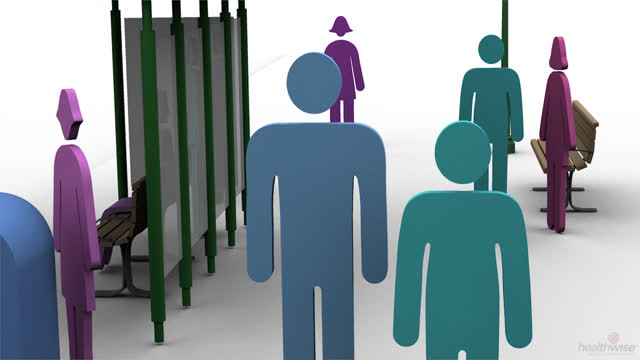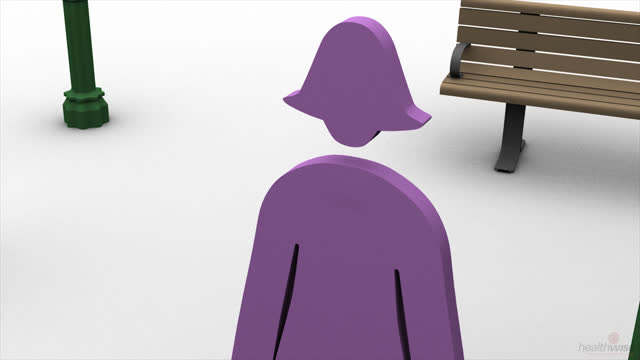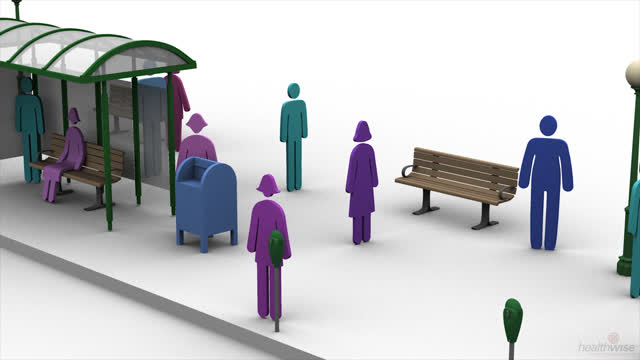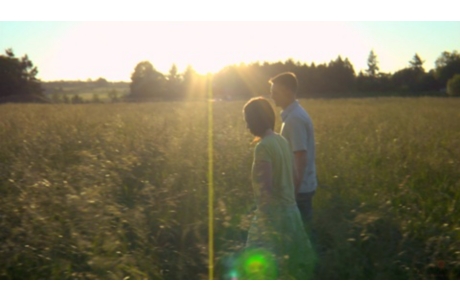Talk to Others About Depression
Topic Overview
Depression is a medical problem, and you have the right to keep it private. But if it harms your relationships, it may help to talk to your partner, friends, or children about it.
Talking to your partner or friends
- Explain depression to your partner or friends. Be honest about it. Tell them it’s a health problem, and that you are being treated. Tell them how it makes you feel. Help them understand that you will get better, and ask them to be patient with you.
- Ask for what you need. Whether it’s a ride to a doctor visit or just spending time together, getting exercise or relaxing, don’t be afraid to ask.
- Remember that friendship involves give and take. Everyone has challenges in life that he or she needs help with. When you’re dealing with depression, it can be hard to remember that other people have problems too. Ask your friends how they’re doing.
Talking to your children
Talking to your kids about depression can be hard for you and your children. You may not know how to say things, and your kids may not be able to understand what you’re saying. But it’s still important to try.
You may feel the need to protect your kids and say nothing about it. But kids are smart. They pick up on things. If you are acting differently, they’ll know, and they’ll wonder about it. They might blame themselves for how you are acting.
Use your own words to talk about depression. What you say depends on the age of your children. Use simple terms, and make sure you answer their questions. It’s best to explain as much to them as you think they can understand.
- Explain that you have a health problem. Depression is an illness, just like the flu or mumps. Tell them that how you are acting is what happens when people have depression.
- Let them know that they didn’t cause your depression. It’s not something they said or did.
- Make sure they know that you are getting help from a doctor so you can get better. They will feel better if they know you will get better and be back to the you they knew.
- Tell them that it’s not their job to fix you. If they want to help, you can suggest helping around the house, doing well in school, and behaving.
- Tell them depression is not “catching” like the flu. If you feel they will understand, explain that it can run in families, but the chances of not getting it are greater than the chances of getting it.
- Ask your kids if they’d like to talk to anyone about your depression or about how they feel. If they do, ask your doctor or counselor for help in finding a doctor for your kids to talk to.
Current as of: May 28, 2019
Author: Healthwise Staff
Medical Review:Kathleen Romito, MD – Family Medicine & Lisa S. Weinstock, MD – Psychiatry
This information does not replace the advice of a doctor. Healthwise, Incorporated, disclaims any warranty or liability for your use of this information. Your use of this information means that you agree to the Terms of Use. Learn how we develop our content.






